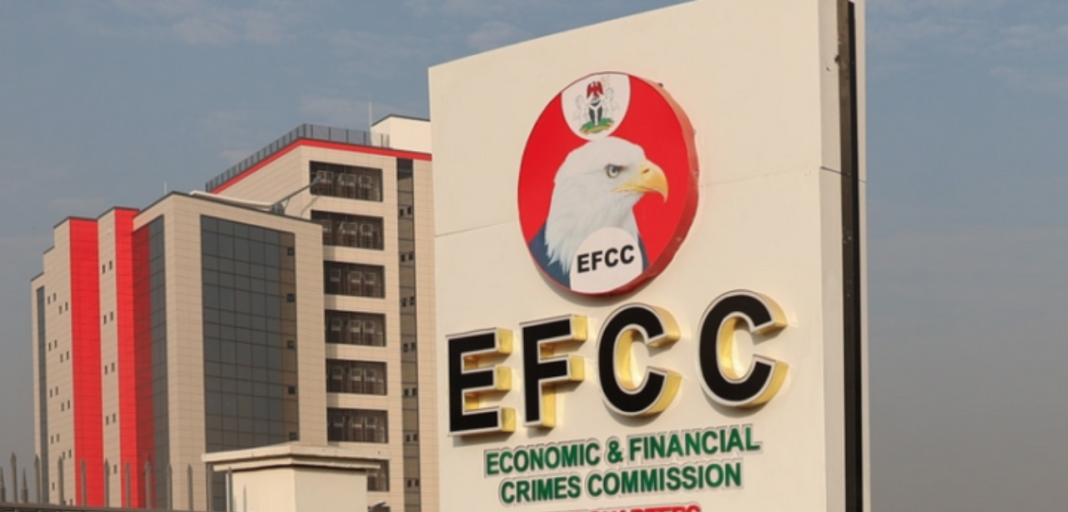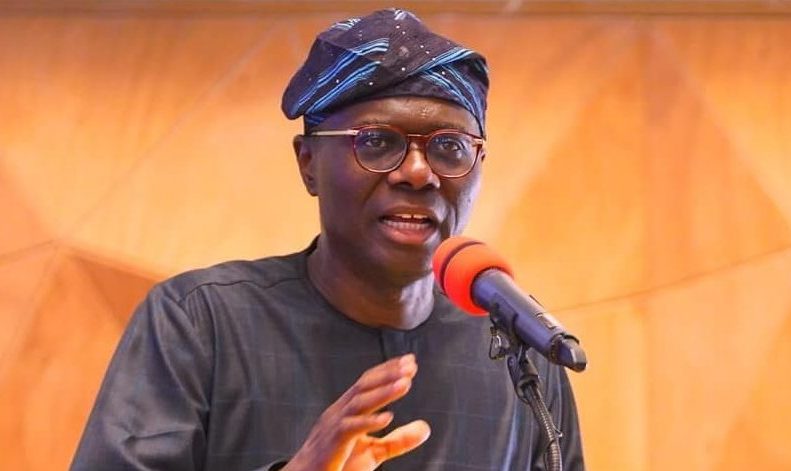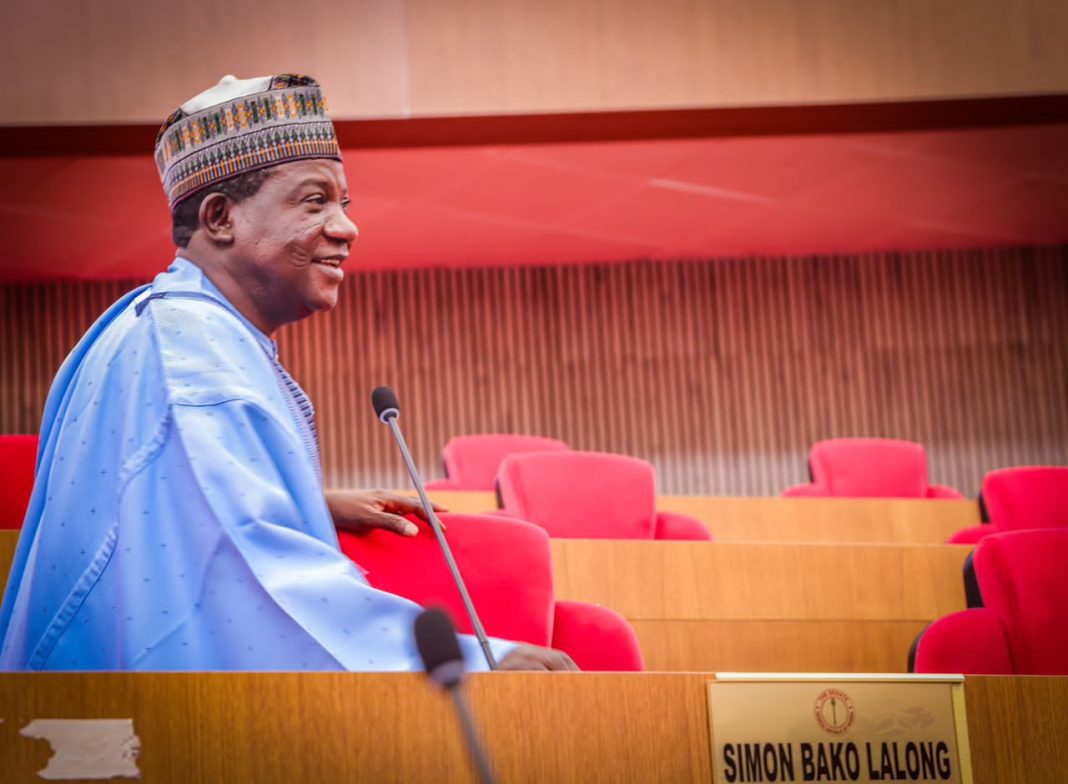By Noah Ocheni, Lokoja
The Supreme Court has scheduled a hearing for October 22 regarding a suit filed by no fewer than 16 state governments challenging the constitutionality of the laws establishing the Economic and Financial Crimes Commission (EFCC) and two other agencies.
A seven-member panel of justices, led by Justice Uwani Abba-Aji, set the date after the states were joined as co-plaintiffs and granted leave for the consolidation of the case originally filed by the Kogi State Government through its Attorney General (AG).
The states that joined the suit, marked SC/CV/178/2023, include Ondo, Edo, Oyo, Ogun, Nasarawa, Kebbi, Katsina, Sokoto, Jigawa, Enugu, Benue, Anambra, Plateau, Cross River, and Niger.
The 16 states are relying on the premise that the Constitution is the supreme law, and any law inconsistent with it is null and void.
The plaintiffs argue that the Supreme Court, in the case of Dr. Joseph Nwobike vs. Federal Republic of Nigeria, had determined that the EFCC Establishment Act was based on a UN Convention against corruption. They contend that in enacting this law in 2004, the provisions of Section 12 of the 1999 Constitution, as amended, were not followed.
According to the plaintiffs, the Constitution requires the approval of a majority of the Houses of Assembly of the states before a convention can be incorporated into Nigerian law. They argue that this necessary approval was never obtained for the EFCC Act or any related legislation.
The states assert that, as ruled by the Supreme Court in the aforementioned case, the law cannot be applied to states that did not approve it, in accordance with the provisions of the Nigerian Constitution. Therefore, they claim that any institution established under these laws should be considered illegal.
During the hearing on Tuesday, the lawyers representing the states presented their submissions. While the majority sought to be joined as co-plaintiffs, two states requested an order for the consolidation of the case.
Kogi State’s AG counsel, Abdulwahab Mohammed, SAN, informed the court that several states expressed interest in consolidation, while others sought to join as co-plaintiffs. He stated, “It is for this honorable court to guide us on how to proceed, my lord. Out of about 15 states, around 13 have indicated their interest to be co-plaintiffs, and only two seek consolidation. To facilitate the court’s task, those wishing to be joined as co-plaintiffs should be admitted and abide by the processes already filed, while those seeking consolidation should be instructed to file within seven days.”
After considering the lawyers’ submissions, Justice Abba-Aji granted their requests and adjourned the matter until October 22 for hearing.
In the suit numbered SC/CV/178/2023, Kogi State has sued the Attorney General of the Federation (AGF) as the sole defendant.
In the originating summons filed by a team of lawyers led by Prof. Musa Yakubu, SAN, Kogi State raised six questions for determination and sought nine reliefs.
Among the reliefs sought are:
- A declaration that the Federal Government of Nigeria, through the Nigerian Financial Intelligence Unit (NFIU) or any agency of the Federal Government, lacks the authority to issue any directive, guideline, advisory, or any instrument for the administration and management of funds belonging to Kogi State or any Local Government Area within Kogi State.
- A declaration that the EFCC, the NFIU, or any agency of the Federal Government cannot investigate, requisition documents, invite, or arrest anyone concerning offenses related to the administration and management of funds belonging to Kogi State or any Local Government Area within Kogi State.





